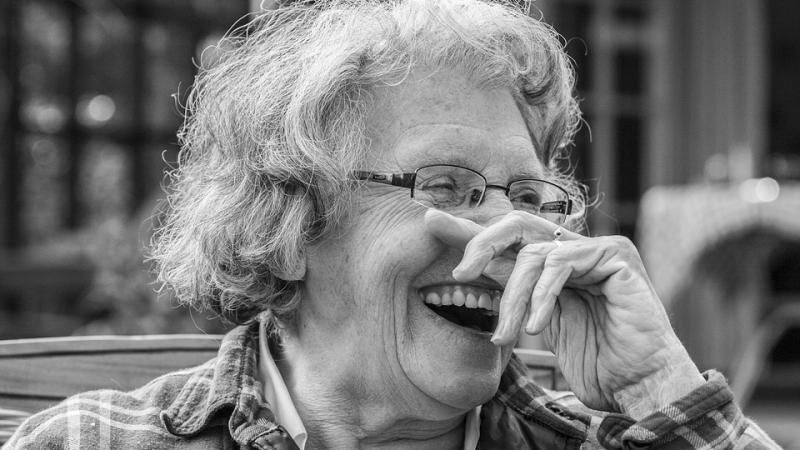Geriatric Oral Health - Is It Ok to Miss Out on This Vital Healthcare Aspect?

The upkeep of oral health is no different from general health. However, the maintenance of oral health is different and hard in old age.
A fraction of the elderly have a mental or physical condition that draws attention to a dental workplace. This aspect does not give an open license to have the same presumption for the entire community sharing similar circumstances.
To better assess the overall health of people at old age, it is necessary to know a few aspects of this phase of human life. With time, there is a higher collection of waste products in body cells, the body tissues get harder, and insufficient lubrication leads to impaired organ functions.
Thus, the implementation and design of comprehensive preventive dentistry protocols for the elders present many challenges. The presence of common factors among the elderly segment of the population influence these protocols.
The Context
Aging is a natural process of the human body, and therefore old age should be regarded as an inevitable, normal biological phenomenon. The life span of human beings saw a substantial increase in the 20th century due to the advancements in public health measures and medicine.
The aging process often leads to elders above 65 years old having health problems and needing special consideration.
The global population, according to WHO, is increasing at a rate of 1.7% annually, 2.5% for those above 65 years. There is a significant shift in the population mix, expected for the developing and developed countries by 2050.
The United Nations estimates that as the fastest growing population segment, i.e., the elders will make up about 20% of the world’s population. For example, around 25% of the population of Michigan is above the age of 60, according to the 2019 census.
The presence of systemic disease often hinders the patient’s ability to promote and maintain oral hygiene. However, it is crucial to note that such conditions often lead to oral health too. These impairments are not fatal and affect the patient’s quality of life.
Understanding the chronic diseases the patients live with daily can help plan for the treatment of the senior dental patients. This aspect also plays a pivotal role in the success and acceptance of any dental treatment plan.
Impact of Nutrition on Oral Care
It is crucial to have adequate nutrition to maintain proper health conditions and the well-being of the aged. Accelerated mental and physical degeneration can happen due to inadequate nutrition. Poor oral health can be a negative factor for the health and nutritional status of an individual.
Eating habits among elderly people often get altered due to disorders of the oral cavity. Ill-fitting dentures or loose painful teeth can result in a lesser ability or desire to consume food. It leads to a compromised nutritional status which can further aggravate the deteriorating oral cavity.
The management and assessment of oral health for the elders should consider nutrition and proper diet as an integral part.
The status of dental well-being is a vital contributing factor for the mental and physical health of the elderly. The perception and taste of food, along with the chewing ability, are vital aspects of eating. Losing these due to missing dentition leads to inefficient chewing, causing inadequate absorption of nutrients in the body.
A complete or partial denture helps to take care of inadequate dentition. The degradation of denture status can contribute to the dietary changes to soft. Dentistry, therefore, contributes significantly to the upkeep of elderly well-being. Therefore, a state like Michigan, with close to 2.5 million people in the old age bracket, needs proper dental care. Checking the dentists in Ann Arbor, MI can be a good starting point.
Changes in Oral Membrane
The oral mucosa membrane performs certain essential protective functions for our body. Its composition can alter the well-being and general health of an individual.
The aging host with oral mucosa’s declining protective barrier function can get exposed to various things. It can be chemicals or pathogens entering the oral cavity during the day’s activities.
The connective tissue and the epithelium of the oral mucosa have certain predefined roles. A physical barrier is present due to the epithelium and helps stop the entry of any microorganisms or toxic substances.
The synthesis of various substances vital for mucosal surface maintenance, such as laminin and keratin, happens by mucosal epithelial cells' functions.
Therefore, it is crucial to maintain oral healthcare of the elderly, as their general health. Deteriorating oral hygiene leads to not only improper dentures and oral problems but affects the overall well-being too.
More to Read:
Previous Posts:
Next Posts:




